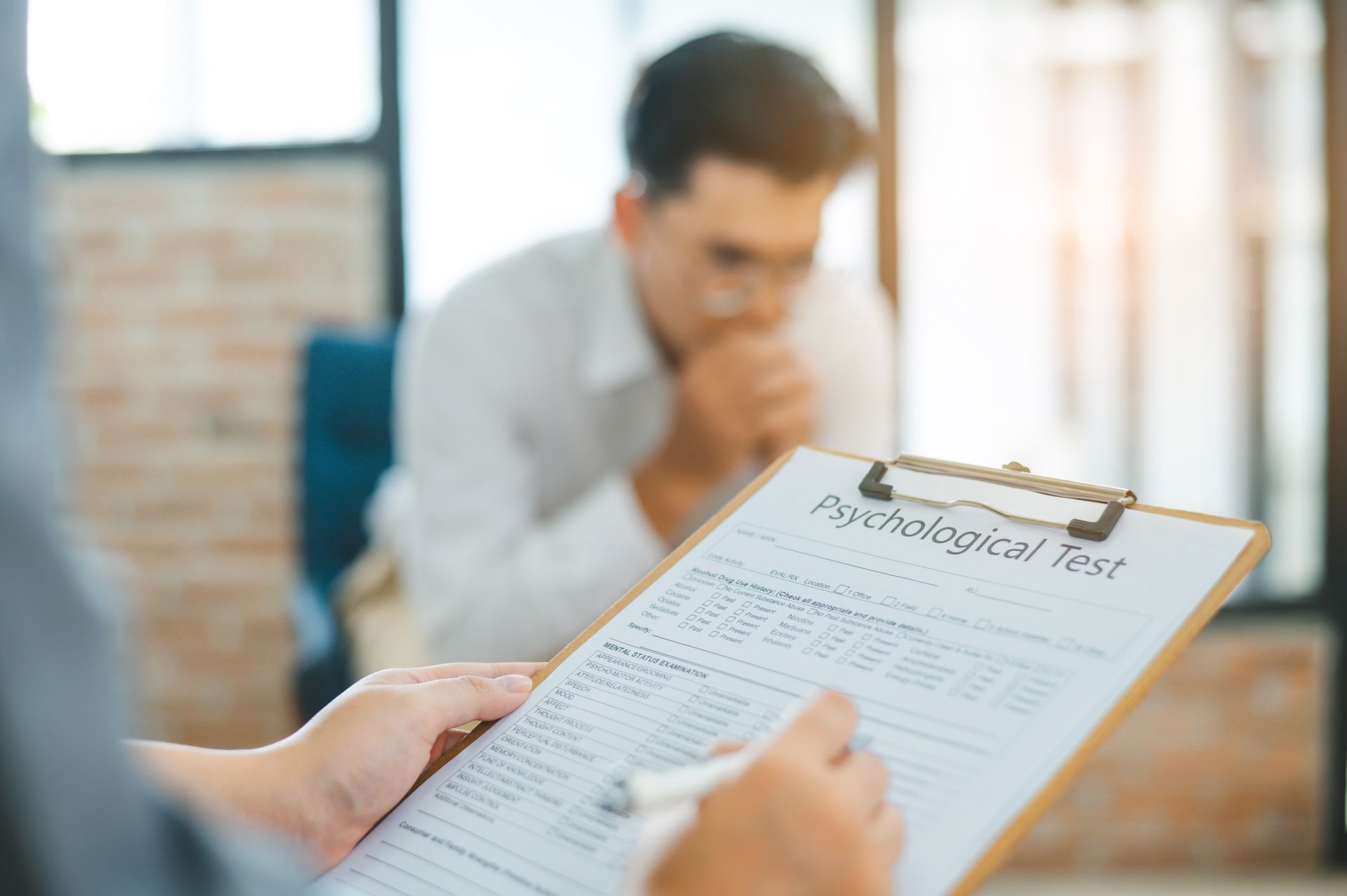Understanding Social Anxiety in a Connected World
In today’s digital era, the lines between public and private life have become increasingly blurred. Social interactions now extend far beyond face-to-face encounters, encompassing everything from video calls to social media posts. For many, these developments offer exciting opportunities for connection; but for those experiencing social anxiety, the constant connectivity can feel overwhelming. At Vital Psych MD, we believe in empowering individuals to understand and manage social anxiety with evidence-based strategies and compassionate care.
The Impact of Social Anxiety in a Hyper-Connected Society
Social anxiety, characterized by an intense fear of being judged, scrutinized, or embarrassed in social situations, affects millions of people globally. Approximately 7% of U.S. adults experience social anxiety disorder each year. The condition can significantly impact daily functioning, from workplace performance to personal relationships.
The digital age has brought both benefits and challenges for those with social anxiety. On one hand, online platforms can provide a buffer, allowing individuals to interact at their own pace and with a sense of control. On the other, the relentless exposure to curated lives on social media, the pressure for instant responses, and the permanence of digital footprints can heighten self-consciousness and fear of negative evaluation.
Excessive social media use is associated with increased social anxiety symptoms, especially among adolescents and young adults. Understanding this landscape is the first step toward developing effective coping mechanisms.
Recognizing the Signs of Social Anxiety
Social anxiety can manifest in various ways, including:
- Intense worry before and during social interactions
- Avoidance of social or performance situations
- Physical symptoms such as sweating, trembling, or rapid heartbeat
- Difficulty speaking or making eye contact
- Persistent fears of embarrassment or humiliation
If these symptoms interfere with your daily life, seeking support from a mental health professional is crucial. At Vital Psych MD, our team provides tailored assessments and treatment plans for social anxiety.
Strategies for Managing Social Anxiety
Effective management of social anxiety combines self-help strategies, professional interventions, and lifestyle adjustments. Here are several evidence-based approaches:
Cognitive-Behavioral Therapy: Transforming Thought Patterns
CBT is widely regarded as the gold standard for treating social anxiety disorder. This structured, goal-oriented therapy focuses on identifying and challenging negative thought patterns that fuel anxiety. Through CBT, individuals learn to reframe irrational beliefs about social situations and develop healthier coping mechanisms.
CBT is highly effective for reducing symptoms of social anxiety, with lasting benefits. Techniques often used in CBT include:
- Cognitive restructuring: Identifying and challenging distorted thoughts about social situations.
- Exposure exercises: Gradually facing feared scenarios to build confidence and reduce avoidance behaviors.
- Social skills training: Practicing communication and assertiveness skills in a supportive environment.
Our clinicians at Vital Psych MD incorporate CBT and related therapies to help clients navigate social challenges with greater ease.
Social Skills Training: Building Confidence in Social Interactions
Social skills training complements CBT by providing practical tools for effective communication. Individuals with social anxiety often fear making mistakes in conversation or being judged for awkwardness. Targeted training can involve role-playing, feedback, and real-world practice to improve verbal and nonverbal communication.
Combining CBT with social skills training leads to more significant improvements in social functioning than CBT alone. These skills empower individuals to engage in social situations with greater confidence and authenticity.
Digital Boundaries and Mindful Technology Use
While online interactions can feel daunting, they also offer opportunities for gradual exposure and connection. Setting healthy boundaries with technology is essential for managing anxiety:
- Limit time on platforms that trigger self-comparison or stress.
- Curate your social feeds to follow supportive, positive influences.
- Practice mindful usage by taking breaks and disconnecting when needed.
Enhancing Resilience and Seeking Support
Managing social anxiety is an ongoing process that benefits from a supportive network—both online and offline. Engaging in group therapy or support communities can provide validation and encouragement. Practicing self-compassion and celebrating small victories are equally vital.
Lifestyle factors such as regular exercise, adequate sleep, and stress reduction techniques (like mindfulness or relaxation exercises) also contribute to improved emotional resilience. The American Psychological Association emphasizes the importance of holistic self-care alongside professional treatment.
Taking the First Step
If you or someone you care about struggles with social anxiety, know that help is available. Early intervention and evidence-based therapies offer hope for meaningful change. At Vital Psych MD, our team is dedicated to supporting you on your journey toward greater confidence and connection.
Social anxiety in a connected world can feel isolating, but you are not alone. With the right tools and support, it’s possible to thrive in social situations—both online and off. Take the first step today and discover new possibilities for growth and connection.











